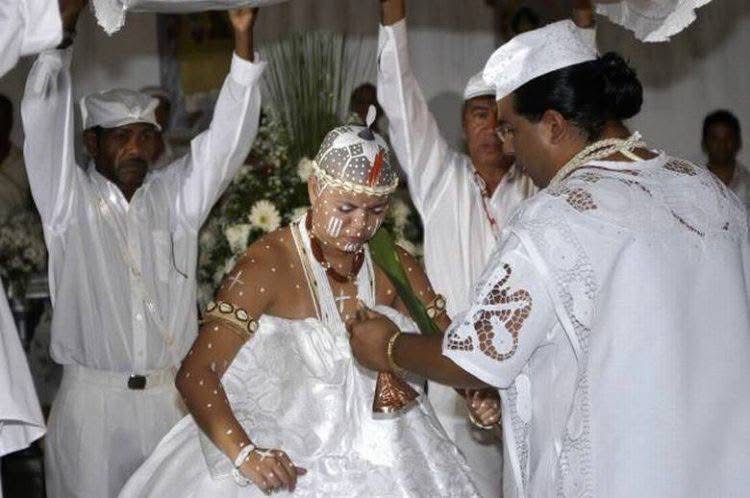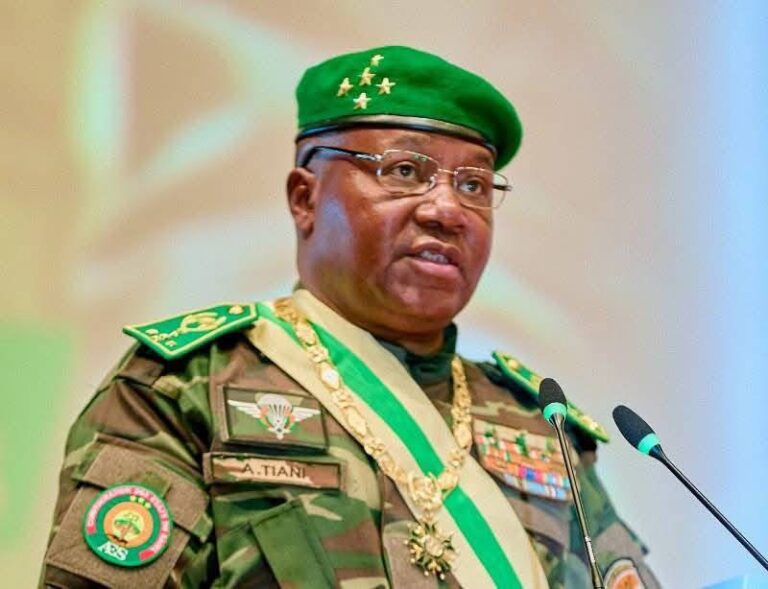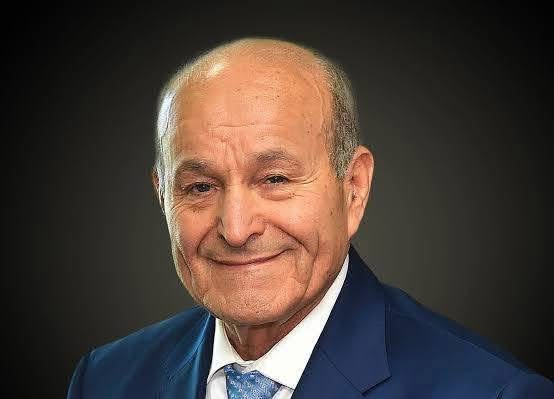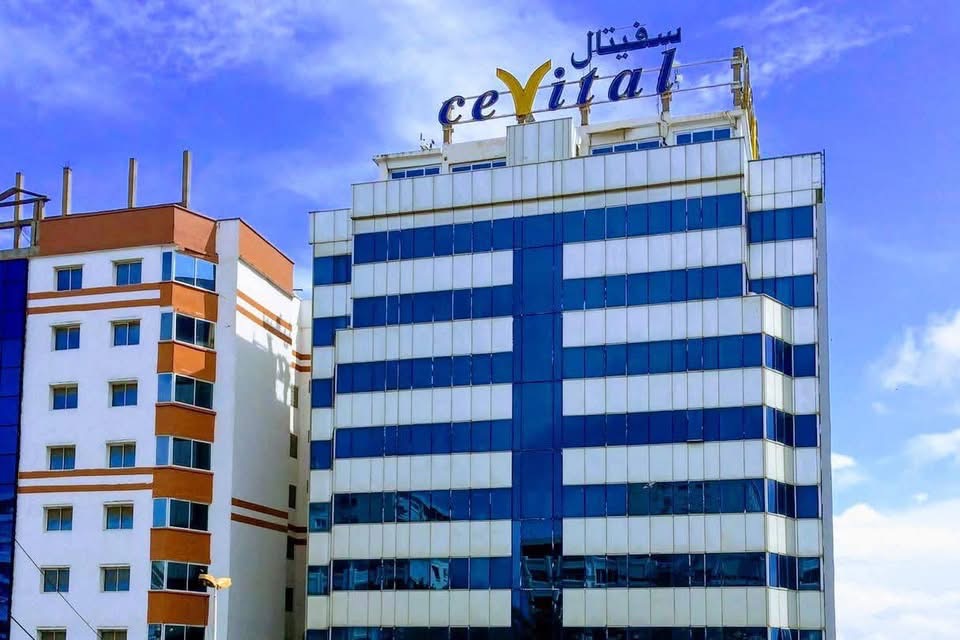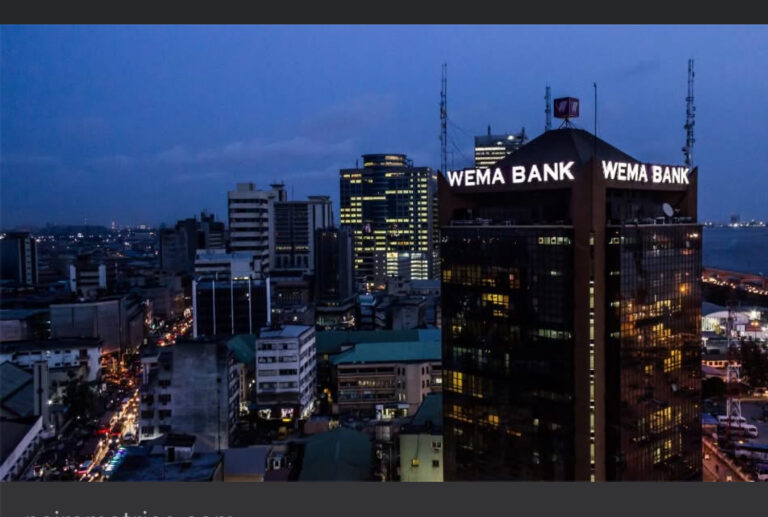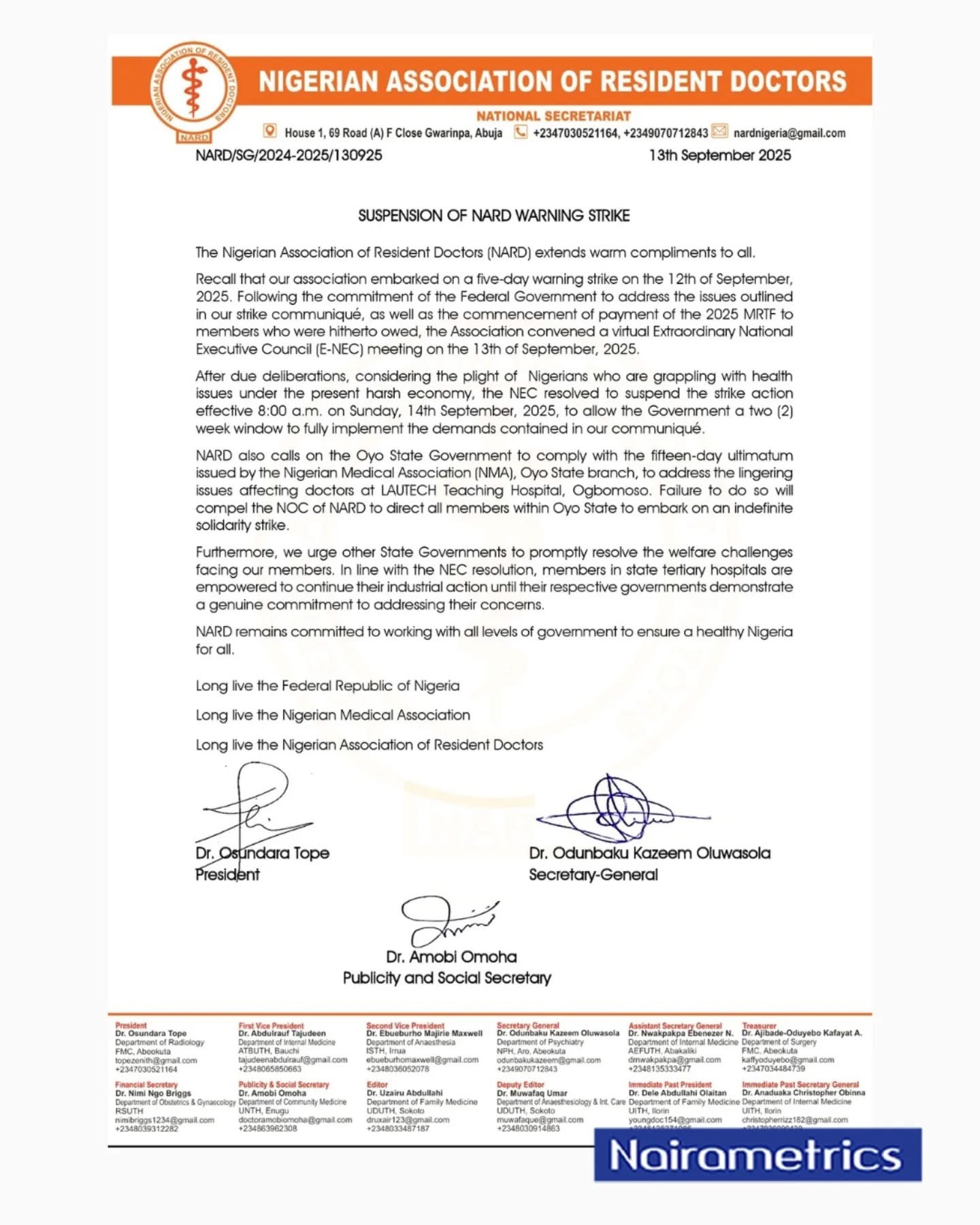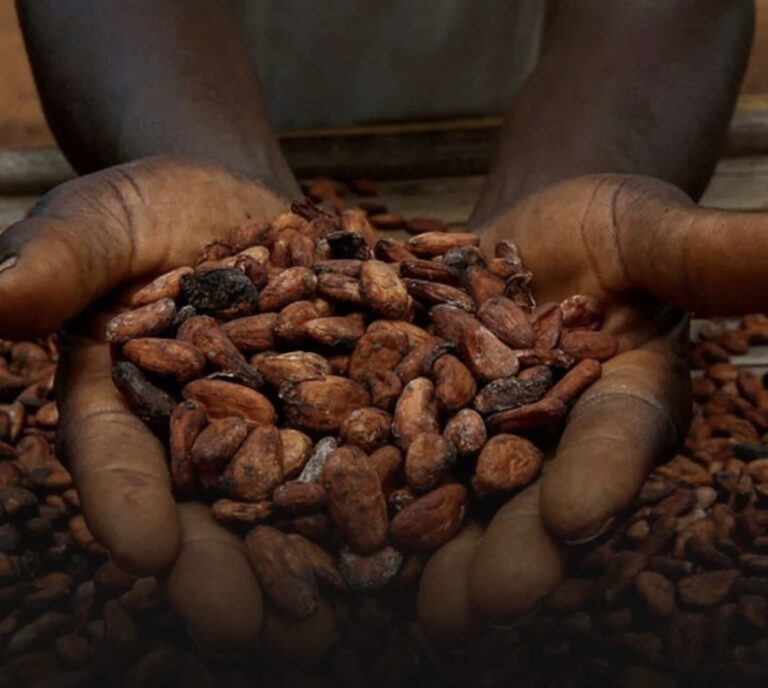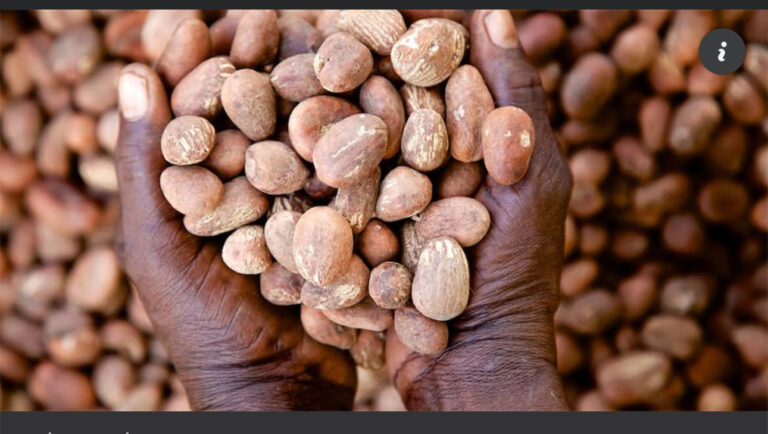Nigeria has been presented with a rare opportunity to transform its cultural heritage into a multi-billion-dollar industry by tapping into the spiritual and ancestral connections of Afro-Brazilians of Yoruba descent.
According to Hon. Otunba Biodun Ajiboye, Executive Secretary and CEO of the National Institute for Cultural Orientation (NICO), structured Yoruba cultural and spiritual pilgrimages could attract millions of descendants of the Yoruba people in Brazil and other parts of the Americas, creating a cultural tourism market worth up to $250 billion for Nigeria.
The Yoruba Legacy in Brazil
The Yoruba, known in Brazil as the nagôs, were among the millions transported across the Atlantic during the slave trade. Despite the tragedy of their displacement, their cultural traditions have endured, shaping the heart of Afro-Brazilian identity, particularly in the northeastern state of Bahia.
Today, Brazil, with its population of about 213 million, is home to an estimated 90 million people of Yoruba descent. For many, Yoruba culture remains a proud marker of identity, with significant numbers practicing Orisa worship. For these communities, Nigeria represents the sacred homeland—carrying the same spiritual weight as Mecca for Muslims and Israel for Christians.
Pilgrimage as a Global Economic Model
Ajiboye explained that Nigeria could learn from countries such as Saudi Arabia and Israel, where religious pilgrimages have become billion-dollar sectors, powering tourism, hospitality, and cultural preservation.
“If properly structured, pilgrimages from Brazilian Yoruba Orisa worshippers alone could generate up to $250 billion for Nigeria,” Ajiboye said. “With an investment of about $2 billion in infrastructure—covering heritage sites, cultural festivals, and tourism facilities—this vision can be realized.”
Pathways for Development
The proposal centers on creating vibrant Yoruba cultural experiences across Ibadan, Ogun, and Osun States, where festivals, sacred groves, and heritage monuments can be showcased to international pilgrims. Such a program would not only provide spiritual fulfillment but also expand Nigeria’s tourism earnings, generate employment, and promote global cultural diplomacy.
Ajiboye further stressed that this projection does not account for Yoruba adherents outside Brazil, including communities in Cuba, Argentina, Trinidad and Tobago, and across South America and the Caribbean. This broader diaspora, he said, represents an even larger cultural market waiting to be tapped.
A Cultural Goldmine
Industry experts believe that with the right policies, Nigeria could position itself as the global spiritual home of the Yoruba, attracting millions of cultural tourists annually. This would not only boost foreign exchange but also strengthen Nigeria’s image as a custodian of African heritage.
“The world already celebrates Yoruba culture through music, dance, and festivals,” Ajiboye noted. “What remains is for Nigeria to provide the infrastructure, organization, and vision to make cultural pilgrimage a global attraction.”






